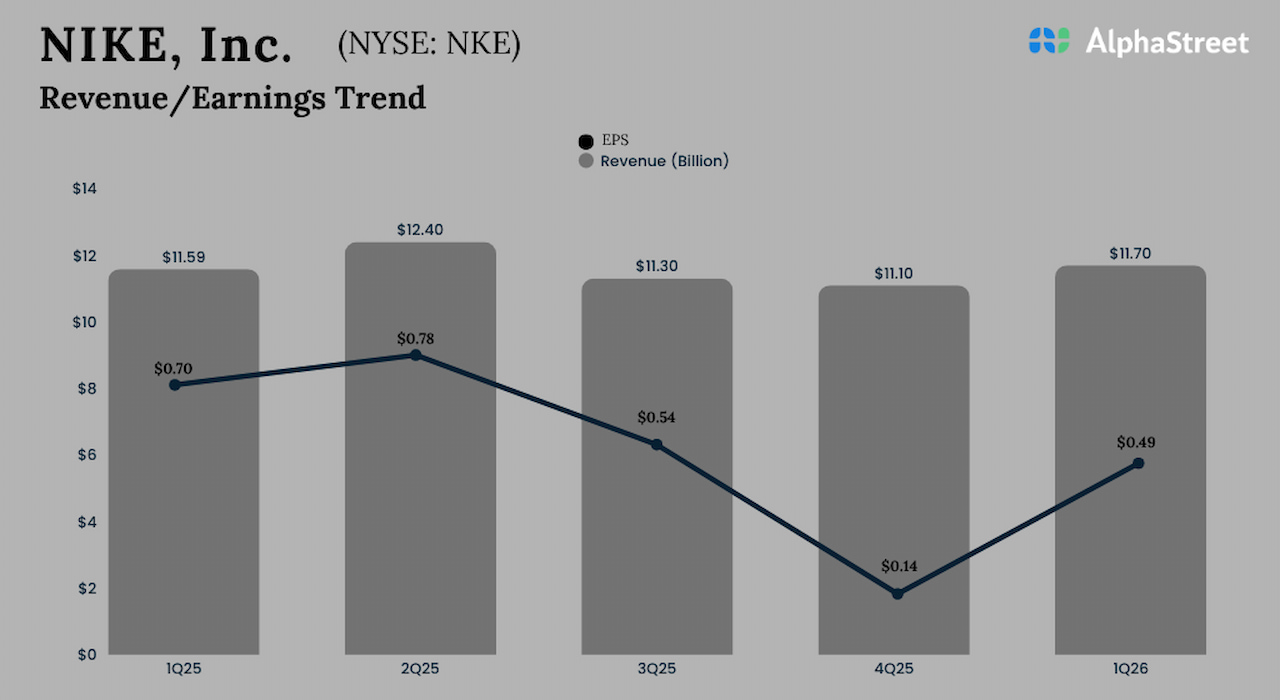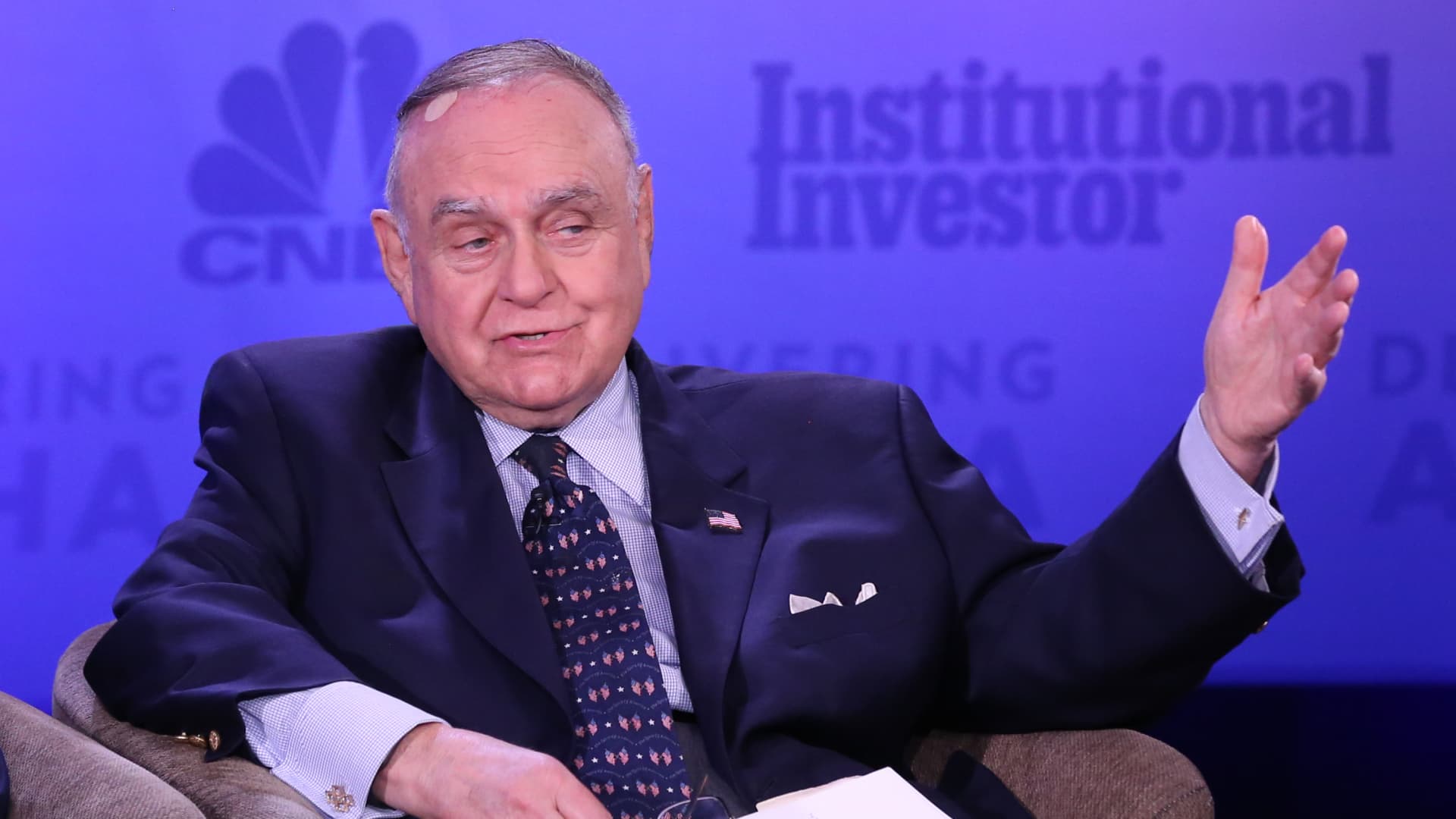“On the free market, everyone earns according to his productive value in satisfying consumer desires. Under statist distribution, everyone earns in proportion to the amount he can plunder from the producers.”
Murray N. Rothbard (1926-1995) was just one man with a typewriter, but he inspired a world-wide renewal in the scholarship of liberty. During 45 years of research and writing, in 25 books and thousands of articles, he battled every destructive trend in this century — socialism, statism, relativism, and scientism — and awakened a passion for freedom in thousands of scholars, journalists, and activists.
Teaching in New York, Las Vegas, Auburn, and at conferences around the world, Rothbard led the renaissance of the Austrian School of economics. He galvanized an academic and popular fight for liberty and property, against the omnipotent state and its court intellectuals.
Volumes one and two of his magisterial history of economic thought appeared just after his death, published by Edward Elgar. Whereas other texts pretend to an uninterrupted march toward higher levels of truth, Rothbard illuminated a history of unknown geniuses and lost knowledge, of respected charlatans and honored fallacies. A large collection of Rothbard’s best scholarly articles appears later this year in the publisher’s “Economists of the Century” series. In addition, there are unpublished manuscripts, articles, and letters to fill many more volumes.
Like his beloved teacher Mises, Rothbard wrote for the public as well as professionals. “Civilization and human existence are at stake, and to preserve and expand it, high theory and scholarship, though important, are not enough,” he wrote in 1993. “Especially in an age of galloping statism, the classical liberal, the advocate of the free market, has an obligation to carry the struggle to all levels of society.”
Rothbard’s theory was his practice. He was involved in nearly every political and social development of his time, from Robert Taft’s presidential campaign to the 1994 elections. His last article, appearing in the Washington Post, warned that Newt Gingrich is more likely to betray the revolution than lead it.
The Mises Institute is honored that Rothbard headed our academic programs for 13 years. He spoke at all our conferences and teaching seminars, edited our Review of Austrian Economics, consulted on our books and monographs, and wrote for our Free Market. Most of all, he taught and inspired our students, and they will carry his ideas into the future.
Building on Tradition
Rothbard has been compared to the greatest minds in social science, but his wisdom and character led him to show gratitude to his predecessors. His formative intellectual event was the 1949 publication of Mises’s Human Action.
“I had gone through all the doctoral courses at Columbia University,” Rothbard wrote, “without once discovering that there was such a thing as an Austrian School, let alone that Ludwig von Mises was its foremost living champion.” But this book “solved all the problems and inconsistencies that I had sensed in economic theory.”
Rothbard attended Mises’s seminar at New York University from its first meeting, and became the student who would defend and extend Mises’s ideas, push the Austrian School tradition to new heights, and integrate it with political theory. He taught the movement how to write, and was also an important cultural influence.
The Austrian School had previously been a largely European intellectual movement. Mises changed that with his migration to this country. Rothbard completed this process, so that the locus of the school is no longer Europe, but America, the nation whose founding principles Rothbard and Mises so deeply admired.
The Last Real Treatise
Man, Economy, and State, Rothbard’s great work, was the key to the resurgence of Austrian economics after Mises’s death. Beginning with the philosophical foundation, Rothbard built an edifice of economic theory and an unassailable case for the market. Instead of the dismal and statist pseudoscience students are used to, Rothbard gave us a sweeping and tightly reasoned case for economic liberty.
The book treated economics as a humane science, not as a branch of physics. Every page took account of the uncertainty of economic conditions, the certainty of change, and the central place of the entrepreneur, while never losing sight of the implacability of economic law. No wonder Henry Hazlitt, writing in National Review, called it “brilliant and original and profound.”
Since its publication, the treatise has only grown in stature. Through it, Rothbard has taught countless students to think like real economists instead of number crunchers. He explained and applied the logic of human action in economic exchange, and refuted its opponents. Like Mises, he looked not at “economic man,” but acting man who deals with the scarcity of time and resources.
Revising History
Rothbard breathed life into economic theory with his historical works, and refuted the charge that Austrians are only concerned with high theory. He was also one of the few intellectuals on the Right to champion revisionist history. Other historians have since picked up his works and built on them to create entre schools of thought.
He wrote America’s Great Depression, applying the Misesian theory of the business cycle to show that the 1929 crash resulted from Federal Reserve credit expansion. He also refuted the then-dominant view of Herbert Hoover as a laissez-faire conservative, by showing that he was actually a premature New Dealer.
In journal articles, he showed that the New Deal followed logically from the economic regimentation of World War I and the Progressive Era, which gave us central banking and the income tax.
Conceived in Liberty is a four-volume narrative account of early American history, 1620-1780. His purpose was to highlight forgotten events that demonstrate the libertarian character of our history and people.
The American revolution threw off tyranny, he argued. It was not simply a continuation of British-style statism in another guise, as Hamilton claimed. The new social order would protect communities, properties, and essential rights. Rothbard also proved to be as proficient a military historian as he was an interpreter of ideological history.
In his work, as in his life, he always sided with the pro-liberty forces against the welfare-warfare state. He especially liked the anti-New Dealers, the anti-imperialists, the Confederates, the anti-federalists, the tax resisters, the underground businessmen, the anti-state pamphleteers, and other unsung heroes. Throughout history, the power elite has found profitable uses for the state. Rothbard never passed up a chance to name them, to explain how they did it, and to show how their actions harmed everyone else in society.
Mixed-Economy Myths
Conflict was the central theme of Rothbardian political economy: the state vs. voluntary associations, and the struggle over the ownership and control of property. He showed that property must be in private hands and owners must be free to control it as they see fit. The only logical alternative is the total state. There is no room for a “third-way” like social democracy, the mixed economy, or “good government,” and the attempt to create it is always disruptive.
Power and Market, another enduring contribution, zeroed in on this conflict, and attacked every form of government intervention, confounding one anti-market cliche after another, and defending market competition as essential to social peace. Where others looked for “market failure,” Rothbard found only government flops.
The book discussed the most common intervention in the market: taxation, the direct taking of someone’s property by a group claiming a monopoly on coercion, i.e. the state. The taxing power defines the state in the same way that theft defines a robber.
He also showed that there can be no neutral tax, that is, one that leaves the market exactly as it would be without the tax. All taxes distort. And all taxes are taxes on production and hinder it, even so-called consumption taxes.
Taxation takes capital from private hands and prevents it from being used to serve private interests and the consuming public. This is true regardless of the tax. Also, the government spends taxes in ways that alter the production patterns of the market. If money is spent on market-oriented projects, it unjustly competes; if it is spent on non-market projects, it is economically inefficient.
Taxes are never “contributions,” he argued. “Precisely because taxation is compulsory there is no way to assure — as is done automatically on the free market — that the amount any person contributes is what he would otherwise be willing to pay.” As Rothbard said, it is not utopian to work for a society without taxation; it is utopian to think that the power to tax won’t be abused once it is granted.
No principle of taxation, he argued, can equal a market system of fairness. A progressive tax discriminates on the basis of income; the rich aren’t forced to pay more for bread than the poor. Even a flat tax forces that result, since higher incomes contribute a greater dollar amount than lower ones. The least harmful tax is a head tax or equal tax: a flat fee low enough for even the poorest to pay.
As a steadfast believer in free trade, Rothbard argued that peace between nations cannot rest on negotiations between state managers. Peace is kept by the network of exchange that develops between private parties. This is why he opposed false “free trade” such as Nafta and Gatt, which have more in common with neo-mercantilism, and he was the first to forecast the disaster Nafta has become.
Interventionists have long used the language of markets to advance statism. Consider anti-trust law enforced in the name of “competition.” Rothbard showed that the only authentic monopolies are those created by law: the government subsidizes a producer at others’ expense (public hospitals and schools) or forbids competition altogether (the postal service).
Other forms of monopoly include licensure, that is, deliberately restricting the supply of labor or number of firms in a certain industry. Government monopolies always deliver inferior service at exorbitant prices. And they are “triangular interventions,” because they subsidize one party while preventing others from exchanging as they would in a free market.
He showed that unemployment insurance (actually, unemployment subsidies) increases the number of people out of work. Child labor laws, a favorite of unions and the Department of Labor, subsidize adult employment while preventing young people from gaining valuable work experience. Even eminent domain (“a license for theft”) fails under Rothbard’s property-rights strictures.
What about “intellectual property rights”? Rothbard defended the copyright as a contract made with consumers not to reprint a work, resell it, or falsely attribute the source. A patent, on the other hand, is a government grant of monopoly privilege to the first discoverer of certain types of inventions to get to the government patent office.
And under public ownership, he argued, the “public” owns nothing, and the ruling officialdom owns all. “Any citizen who doubts this,” Rothbard suggested, “may try to appropriate for his own individual use his aliquot part of ‘public’ property and then try to argue his case in court.”
The government sector focuses on the short run, he argued; there is no such thing as “public-sector investment.” It is only the private sector, which is the real public sector, Rothbard said, where property owners take long-run considerations into account. Unlike government, they preserve the value of resources, and do not plunder or waste them.
His pioneering studies of private courts predated the increase in private arbiters (Rothbard wanted to abolish “jury slavery” and make courts pay a market wage). His work on private law enforcement predated the popularity of home protection and private security. His promotion of private roads predated their wide use in suburbs and malls. His promotion of private schools predated the anti-public school revolt.
The Trouble With Data
Many economists think numbers are the sum of the discipline. Rothbard turned the tables to argue that government data are gathered and used for piece-meal planning and the destruction of the economy. Whatever information markets need about economic conditions can be garnered privately.
A good example is the “trade deficit” between nations, which he said is no more relevant than the trade deficit between towns. There is no justification for assuming that trade must equal out in accounts. The important point is that people are benefiting from exchange, whether across the street or across the world.
Aren’t historical statistics useful for research? Many are misleading. The Gross Domestic Product counts government spending as production, when it should be counted as consumption. Also, government taxing is considered neutral when it’s destructive. Deficits, which drain savings and crowd-out production, also need to be accounted for when assessing productivity.
Rothbard looked at private production by subtracting out the government component. The result is the Private Product Remaining, or PPR, which has served scholars as a basis for more accurate historical work. Using the PPR, for example, we see national product increasing at a much slower rate than the GDP, thanks to big government.
Even money-supply statistics were in need of revision in Rothbard’s view. Long before people gave up on the Fed’s ability to generate anything useful (the “M’s” are laughable these days), Rothbard proposed his own measure based on the Austrian School theory of money. It counts cash, deposits easily turned into cash, and all other liquid financial assets.
Banking on Gold
The state and its banking cartel is the worst possible money manager, Rothbard argued, and free enterprise is the best. He produced many studies on the abuse of money and banking by central bankers and the central state. They include his doctoral thesis, The Panic of 1819, The Mystery of Banking, and papers on the banking debates of the mid and late 19th century, the monetary debauchery of FDR, the fiasco of Bretton Woods, and the following age of inflation and monetary chaos. Just out is his Case Against the Fed, the best book ever written on the subject.
See the Federal Reserve as a counterfeiting syndicate, and we have Rothbard’s view of the central bank. But, he pointed out, at least the counterfeiter doesn’t pretend to be working in the public interest, to be smoothing out business cycles, and to be keeping prices stable. He was also the first to analyze in depth and from a free-market perspective the special-interest groups that created the Fed.
Rothbard added to Austrian theory a systematic model for how money is destroyed. The state conspires with the central bank and the banking industry to enhance their mutual power and wealth by devaluation, the equivalent of coin clipping. Little by little, society’s money has less to do with its original form, and eventually it is transformed into paper created out of thin air, to best serve the state’s interest.
As a part of this process, the state intervenes to forbid customers from insisting on 100% reserves in checkable deposits. From there, it is progressively easier to move from gold to paper, as happened in this country from the turn of the century.
Like Mises, Rothbard saw inflation as a policy pursued by the banking industry in league with the government. Those who get the newly created money first–banks, government, institutional securities traders, and government contractors, for example–win out because they can spend it before prices go up and investments are distorted. Those who get the new money later lose.
A Rothbardian gold standard is no watered-down version. He wanted convertibility at home and abroad. Only that system–which would put depositors in charge of insuring the financial soundness of the banking system–can prevent the Fed’s monetary depredations, which have reduced the value of the 1913 dollar to a penny today.
The ultimate guarantor against inflation is a private banking system with private coinage, a great American system that was squeezed out by the central state. Rothbard’s writings on money and banking–extensive and deep–may eventually become the single most influential aspect of his thought.
Freedom’s Moral Foundation
Economists rarely talk about liberty and private property, and even less about what constitutes just ownership. Rothbard did, arguing that property acquired through confiscation, whether by private criminals or the state, is unjustly owned. (He also pointed out that bureaucrats pay no taxes, since their entire salaries are taxes.)
Ethics of Liberty was his moral defense. “Liberty of the individual,” Rothbard wrote, is “not only a great moral good in itself” but “also as the necessary condition for the flowering of all the other goods that mankind cherishes”: virtue, the arts and sciences, economic prosperity, civilization itself. “Out of liberty, stem the glories of civilized life.”
Once we understand why private property should be inviolable, troublesome notions fall by the wayside. There can be no “civil rights” apart from property rights, because the necessary freedom to exclude is abolished. “Voting rights” are also a fiction, which — depending on how they are used — can also diminish freedom. Even the “right to immigrate” is phony: “On whose property does someone else have the right to trample?” he asked.
Thus, the Rothbardian social order is no ACLU free-for-all. The security of property provides lines of authority, restraints on behavior, and guarantees of order. The result is social peace and prosperity. The conflicts we face today, from affirmative action to environmentalism, are the result of false rights being put ahead of private property.
In defense of capitalism, Rothbard was uncompromising. But he did not see the market as the be-all and end-all of the social order. For him, capitalism was not a “system,” but a consequence of the natural order of liberty. Neither “growth” nor “greed” is the capitalist ideal. In the free economy, leisure and charity are goods like any other, to be “purchased” by giving up alternative uses of time and money.
And with growing prosperity, the need for material goods falls relative to nonmaterial goods. “Rather than foster ‘material’ values, then, advancing capitalism does just the opposite.” No society has ever been as grasping and greedy as the Soviet Union, although the left is still trying to convince us that state power equals compassion.
A Man of Principle
Rothbard was called “the state’s great living enemy” because he applied traditional standards of morality to government. If it is wrong for a person to demand your money or your life, it is also wrong for a band of criminals calling themselves the government to do so. Rothbard’s “anarchism” only sought to make the government subject to the rule of law.
But he was no “extremist”; while upholding the radical ideal, he happily cooperated with anyone who wanted to limit government power, no matter how gradually. The perfect was never the enemy of the good in his mind; the good was always an improvement. He combined idealism with realism, scholarship with accessibility, and boundless curiosity with commitment to truth.
What he wrote about Ludwig von Mises applies to Rothbard as well: “never would Mises compromise his principles, never would he bow the knee to a quest for respectability or social or political favor. As a scholar, as an economist, and as a person, Ludwig von Mises was a joy and an inspiration, an exemplar for us all.”
Like Mises, Rothbard gave up money and fame in academic economics to promote what is true and right. And he set all who knew him an example of how a man should live his life.
The Mises Institute was blessed to be associated with him, and he credited the Institute with having “at last forged an Austrian revival that Mises would be truly proud of.”
Rothbard’s ideas and character, like those of Mises, must be always before us, and before new generations as well. The Mises Institute will ensure that it is so.
Originally published July 30, 1996.







































